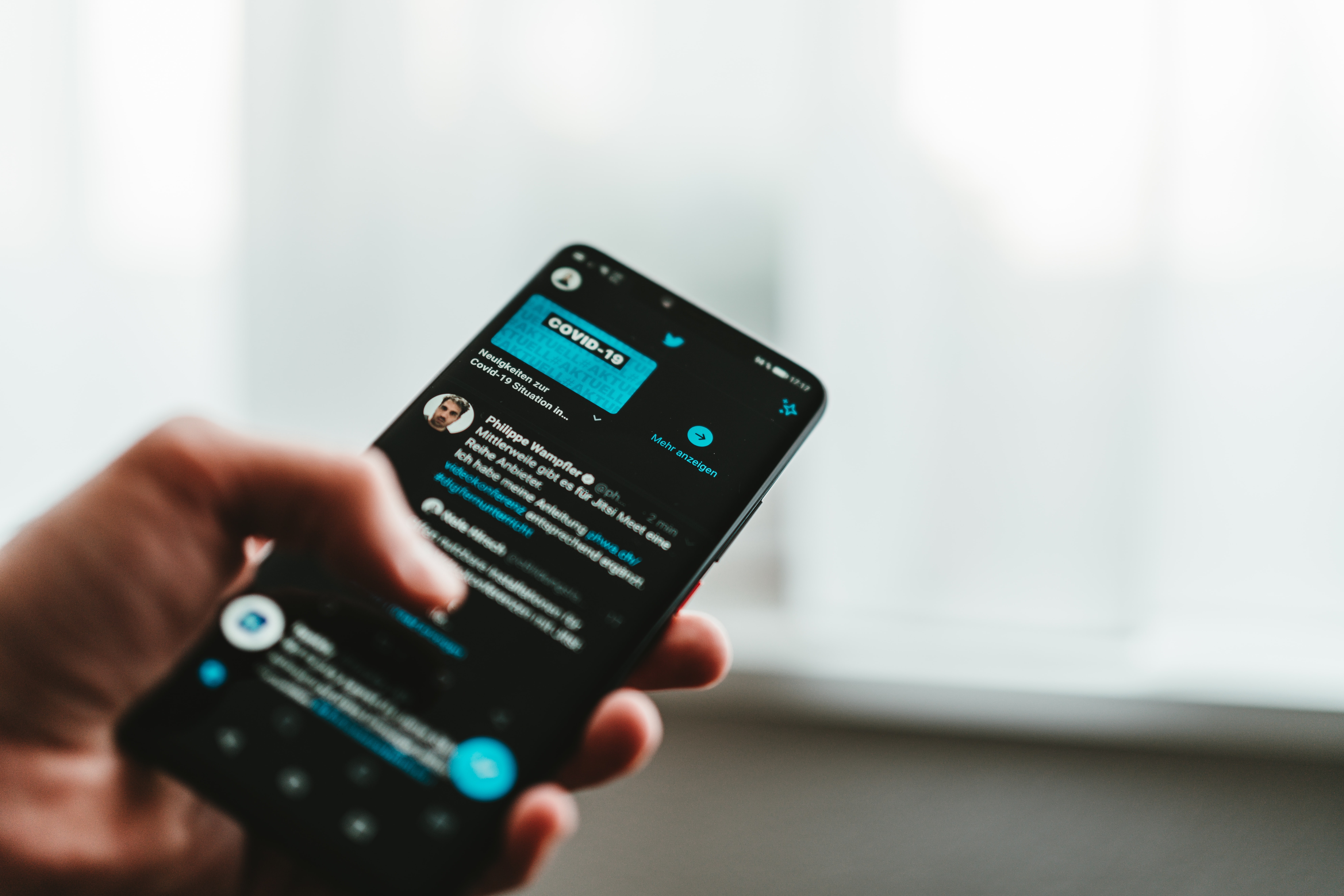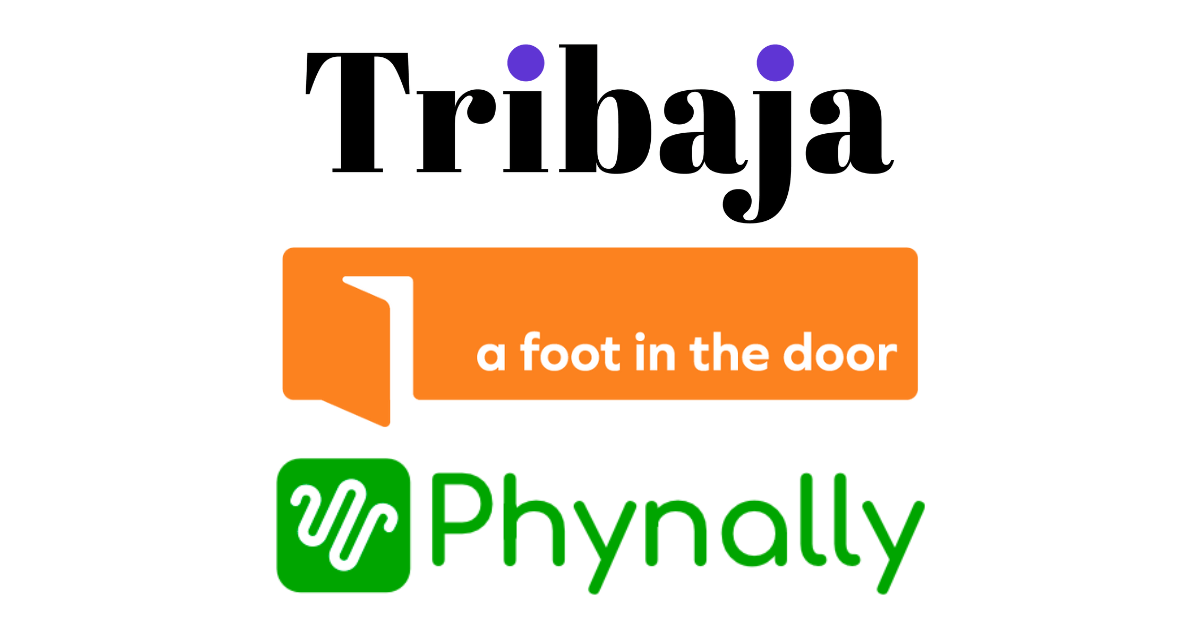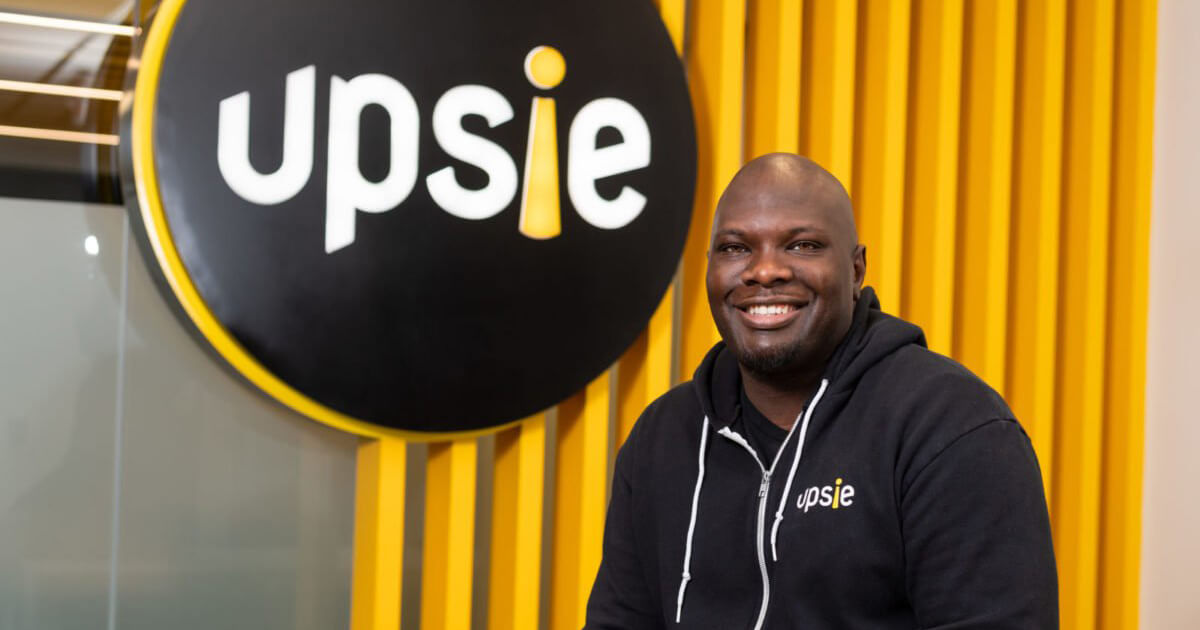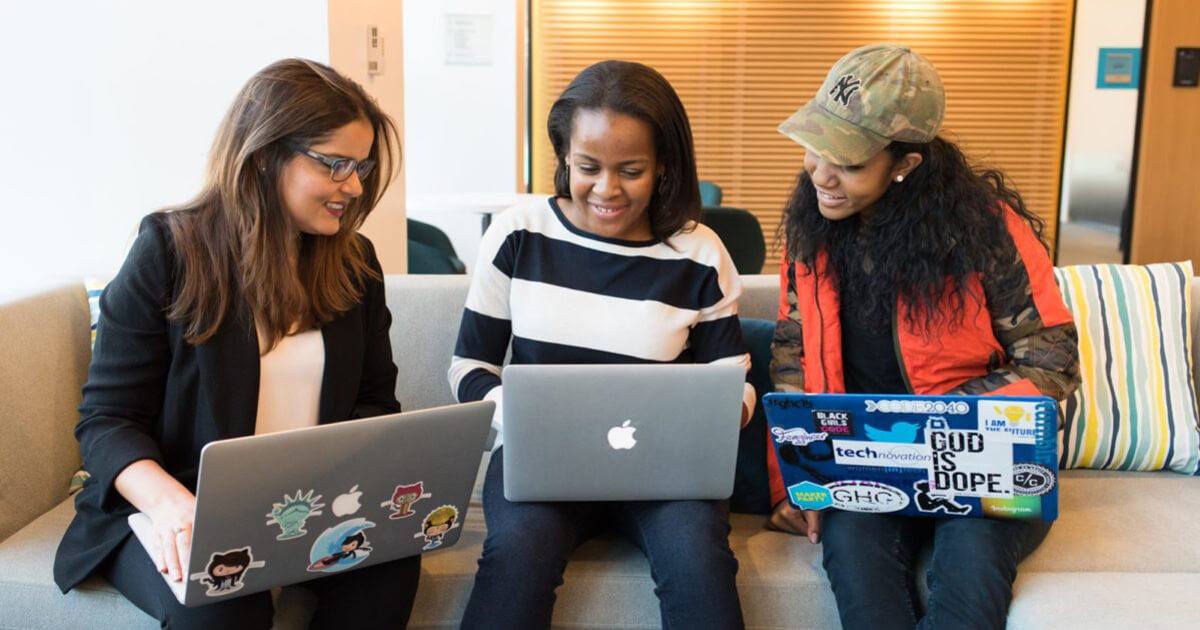KEY INSIGHTS
- Forty-five percent of Black female workers face harassment in remote work.
- People of color are voicing their issues of employment and compensation on Twitter.
- Companies like Black Girls Codes are working to have one million Black girls lead in technology by 2040.
In the new year, we face old problems in the tech industry. Black Tech Twitter is perhaps the more easily accessible outlet to fellowship with black tech workers on current and long standing issues. #BlackTechTwitter is a global community and movement by Black tech workers to discuss all sorts of issues impacting the Black community.
“My advice to anyone coming into the industry or already in it will always be to get on Twitter because it’s where you will find tons of communities that you could identify with or have been searching,” Pariss Athena, creator of #Blacktechtwitter and founder of Black tech recruitment company Black Tech Pipeline, told The Plug.
Black Americans have a small progression in the tech industry.
According to a 2020 report by People of Color, 67 percent of tech professionals believe there should be more services to address racial inequity, while 18 percent believe there is enough and 15 percent think tech is doing too much.
Sixty percent of tech professionals surveyed agreed that diversity and inclusion initiatives are effective in strengthening equity in the tech industry. However, 51 percent didn’t think that initiatives were effective. The report explains that tech professionals play just as big a role in promoting diversity as they do in the overall workspace culture.
But employees seem to hold more negative views of diversity and inclusion initiatives compared to CEO and tech professionals. The report found that people of color struggle more to find mentors than their white co-workers. Black and Native respondents had the highest reported numbers of difficulty, at 62 percent and 52 percent.
Pandemic has widened remote working problems for Black Americans. According to a NPR survey, 1 in 4 workers have experienced gender-based harassment. Forty-five percent of women of color were the most likely to report increased race-based hostility.
The report also found that Black representation in C&M occupations dropped from 8.1 percent of the field in 2002 to 7.9 percent in 2016. Only 4.4 percent and 2.9 percent of database administrators were Black and Hispanic respectively in 2016. Nationwide, tech companies are still racially underrepresented despite promises to do better.
“Wherever you are, document your conversations with people,” Pierre Dubois, an independent analytics worker, said in a #BlacktechTwitter conversation. “Sometimes your domain skills are probably the one thing in a corporate environment that helps rally your allies around you.”
Once employed, many tech workers of color are not compensated the same as their white colleagues, according to a Bloomberg BusinessWeek report.
The numbers show, for example, that most respondents were commanding salaries well over $100,000 a year, that people in larger companies tend to be paid higher average salaries than those in smaller ones, and that for many people, pay levels out after about a decade of work.
In California, where most tech companies are based, 60 percent of employees anonymously voiced concerns of management or human resources from discussing compensation with other employees, according to a 2019 Blind, a social platform, survey. Blind also found that 34 percent of employees have told co-workers how much they make, signaling an openness among workers to discuss their salaries.
Regular conversations are changing tech opportunities for minorities quicker than expected.
Black Tech Pipeline was built as a result of the #Black Tech Twitter community. Athena, the hashtag founder, explains how the job board is focused on transparency and providing job applicants with honest details about each company.
Black Tech Pipeline’s recruitment model works with a feedback model to understand where job seekers and employers progress. After hiring, the company provides biweekly virtual check-ins with each recruit for their first 90 days on the job. The company has new recruitment experiences coming this year with a focus on retention and feedback.
Black Girls Code has a 2040 goal of training over one million Black girls to lead in technology, math and engineering. So far, the company is teaching 20,000 girls, over 26,000 hours taught, and over 4,000 volunteers helping in the process.
Big names like Mariah Carey and Nike support Black Girls Code to encourage Black girls to learn and embrace technological learning. Carey recently empowered new generations of investors with Black Girls Code and Gemini cryptocurrency exchange, a regulation exchange of cryptocurrency.
Equity in the tech industry is a slow process, but many people are working to give up-and-coming Black professionals chances to outline technology that benefits everyone.
Sponsored Series: This reporting is made possible by the The Ewing Marion Kauffman Foundation
The Ewing Marion Kauffman Foundation is a private, nonpartisan foundation based in Kansas City, Mo., that seeks to build inclusive prosperity through a prepared workforce and entrepreneur-focused economic development. The Foundation uses its $3 billion in assets to change conditions, address root causes, and break down systemic barriers so that all people – regardless of race, gender, or geography – have the opportunity to achieve economic stability, mobility, and prosperity. For more information, visit www.kauffman.org and connect with us at www.twitter.com/kauffmanfdn and www.facebook.com/kauffmanfdn.








